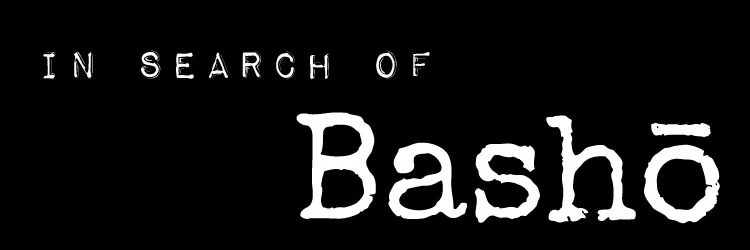GUEST POST: Rob Cartwright
/Here's introducing today's guest post from Rob Cartwright!
“I don’t know, but I know it’s good.”
“What’s heaven like?” asked the inquiring young mind. He knew that nobody could really know the answer to that question, but wanted to hear what his elder thought might be on the other side. Not just any elder, mind you, but a man who had spent many of his 94 years on the planet serving as a minister in the Christian church. Surely his parishioners had asked this many times before, so the youngster expected a well-rehearsed answer. The elder leaned back in his rocker, smiled a contented smile, and simply replied:
“I don’t know, but I know it’s good.”
The youngster stared out the retirement village apartment window, a bit let down by the lack of detail in the response. At first glance it seemed a simple statement, maybe even a bit evasive. But further review showed that there was more there than met the eye.
Maybe the first part was as a bit of a confession. The elder simply didn't know. A humble start, acknowledging that despite his decades of work as a spiritual counsellor, there were still clear limits of his knowledge and understanding. In a world where everyone claimed to have the answer and admitting that you didn’t know something was often viewed as a weakness, it was honest and frank.
The second part of his statement seemed to contradict the first. But the youngster dug a bit deeper and it was clear that the elder was talking about two vastly different versions of knowing. The first was knowledge of the head – no one had been to heaven and lived to talk about it. Then again, perhaps the tales of near death experiences and ‘seeing a bright light’ really were visits to heaven. (If that’s the case, then he was a bit disappointed. He hoped that there was more to heaven than a bright light, else it may feel like spending eternity in a tanning bed.)
His second use of ‘know’ was knowledge from the heart – a place where belief, faith, hope, or whatever you wished to call it takes over and grips the very core of one’s humanity. While unprovable to the mind and inaccessible to the eye, faith is as real to the soul as gravity is to the physicist. The calming assurance and peacefulness that can come from the ultimately mysterious power of faith cannot be overstated nor easily understood.
The elder completed his description of heaven with two words: 'it’s good'. Here he framed heaven in a simple and positive manner. No details that might cloud one’s own interpretation or vision of the hereafter; simply that ‘it’s good.’ The words were spoken with the quiet confidence of one who has devoted many years to wrestling with this most ancient of questions.
Alas this was not an abstract or academic exercise for the elder, for he would pass away later that same month.
The youngster who started the conversation had wanted to learn more about heaven. And, in a way, he did. But years later he would realize that the elder’s words weren’t really just about heaven. Yes, he may have been talking about death; but he was also talking about life.
Ask someone to tell you what their day will be like tomorrow and they can make an educated guess, but they can’t really know for sure. The future may be full of hope, yet the overwhelming uncertainty of it all can make it a rather scary place as well. Fear may be a natural response to an ultimately unknowable future, yet imagine the worry, stress, and anxiety that could be avoided if we remember the elder’s words and apply them to this life: What does tomorrow hold?
“I don’t know, but I know it’s good.”
Rob Cartwright spends a lot of time trying to figure out what people need. Sometimes that’s also what they want, sometimes not. A graduate of the Kellogg School of Management at Northwestern University, Rob makes a living capturing people’s experiences, carefully mining them for insights, and then turning those nuggets of inspiration into useful stories for organizations big and small. With 17 years’ experience in global market research his portfolio runs the spectrum from awesome advertising analytics (Ogilvy award winners) to dreadful drink development (#2 on Time magazine’s Top 10 Bad Beverage Ideas list) and everything in between. Today Rob shares a home with his wife, two kids, and two frogs in Indianapolis, Indiana. Prior to In Search of Basho he has never posted anything to the internet longer than 140 characters (seriously). You can learn more about Rob and his next adventure by visiting Driesoff.com.

